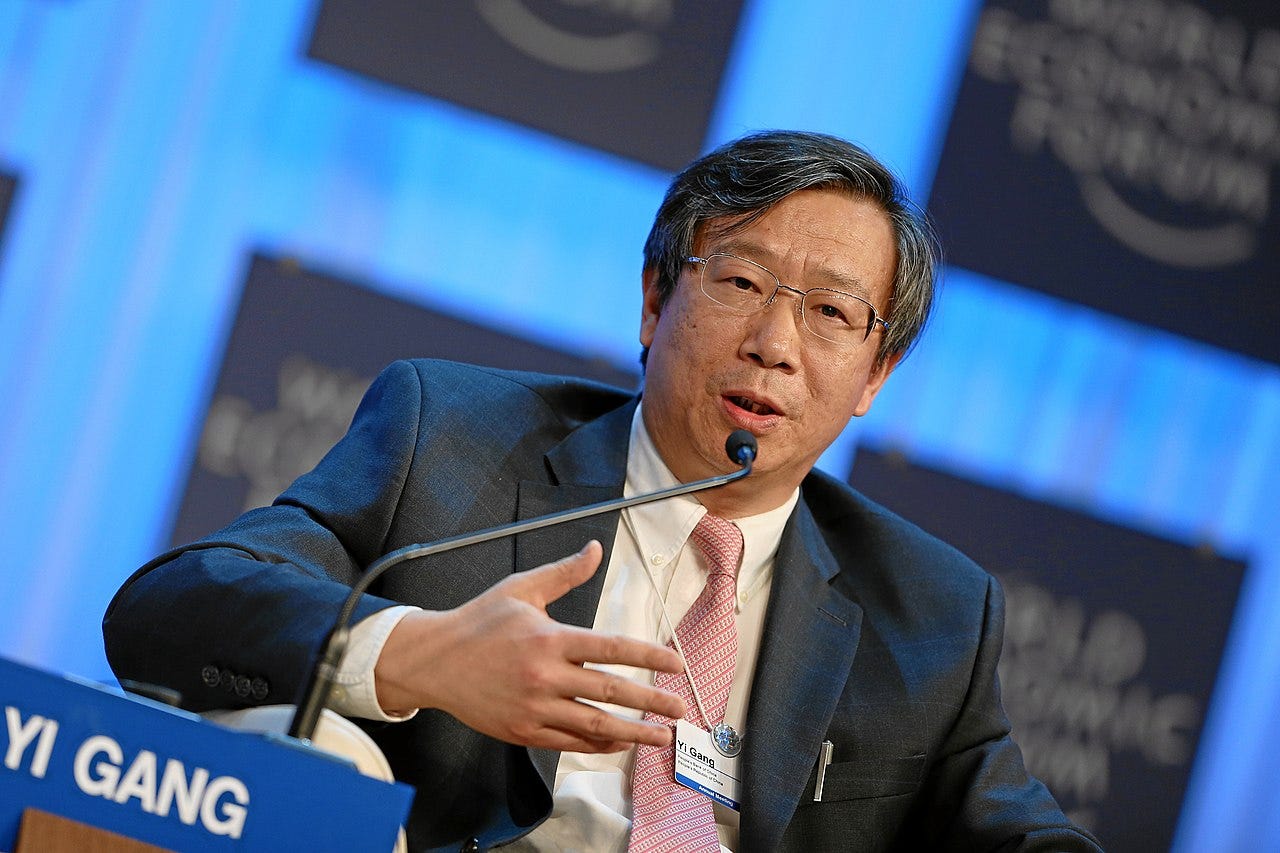The People’s Bank of China Centralizes Payments
China’s central bank is increasing its ability to surveil and control financial transactions for both consumers and banks. But its international reach remains limited.

The People’s Bank of China (PBC) is China’s central bank. It is responsible for implementing monetary policy, regulating financial institutions, and issuing China’s official currency, the renminbi—also called the yuan. But the central bank has also proved capable of direct interventions to change China’s financial infrastructure. In 2015, the PBC launched the Cross-Border Interbank Payment System (CIPS), a Shanghai-based clearing and settlement service for international payments in yuan, which now processes about $35 billion daily.1 In 2020, the central bank rolled out the “digital yuan,” for which it now claims more than 250 million users.2 In 2021, the PBC directly supervised the restructuring of financial technology company Ant Group, the Alibaba spin-off which, along with lending and credit rating services, ran AliPay, China’s leading mobile payments app that had over 1.3 billion users in 2020. Unlike the U.S. Federal Reserve or the European Central Bank, the PBC’s decision-making is not formally independent from the rest of the government. The PBC is a cabinet-level department of the State Council, the Chinese government’s highest-level administrative body, and ultimately reports to Chinese paramount leader Xi Jinping.

